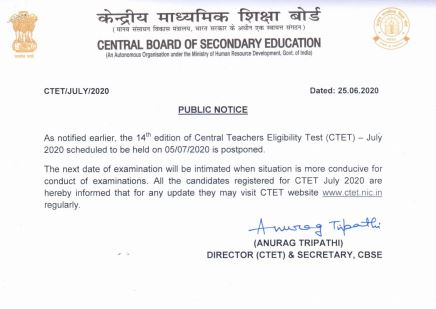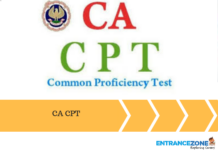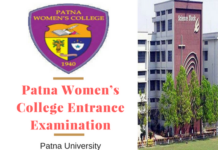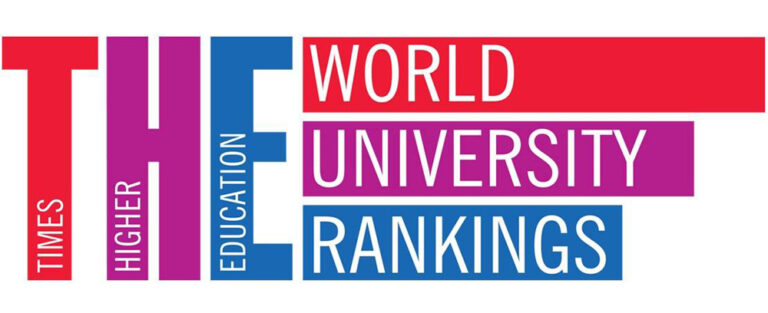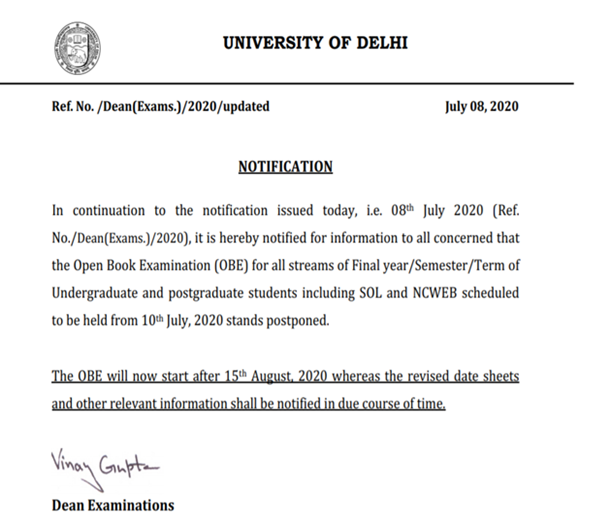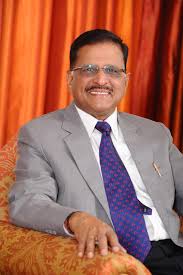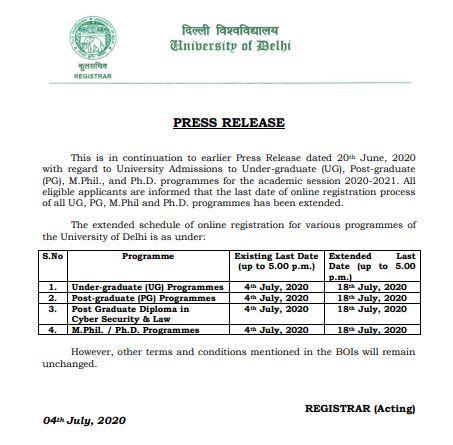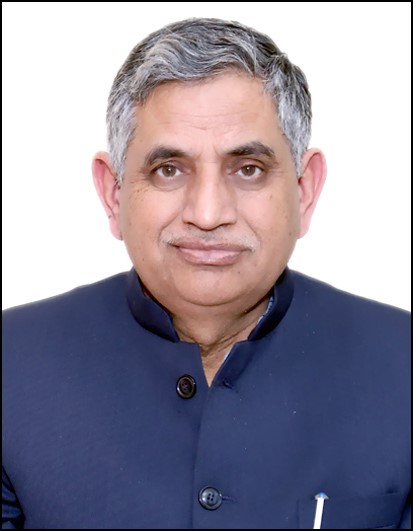Kalinga Institute of Industrial Technology (KIIT) Deemed to be University is among India’s most sought-after universities, attracting students from all over India and more than 50 countries to pursue professional and technical education. Located in the temple city of Bhubaneswar, it has built its reputation as the most student-friendly university, anchored on the principles of Compassion and Humanity. It was founded in 1992-93 as a vocational training centre in rented premises with a seed capital of only Rs. 5000 ($100 at that time) by eminent educationist and social activist Prof. Achyuta Samanta. However, it was opened as a centre of higher learning in 1997, which is considered as the base year. Since then KIIT has grown exponentially, setting a high benchmark in each area of education.
With a diverse student body of 30,000 representing all states of India and 50 foreign countries, it is on its way to becoming an international hub for quality professional and technical education. KIIT Deemed to be University is the only self-financing University in entire Eastern India to find a place in the recently published The Times Higher Education World University Rankings 2019, regarded as one of the world’s most prestigious.
About KIIT
KIIT is just twenty years old as an institution for professional education (started in 1997) and 14 years old as a University (declared U/S 3 of UGC Act 1956 by Ministry of HRD, Govt. of India in 2004). But, despite being a very young university, it has secured an impressive position of 1001+ in the global university ranking of the Times Higher Education that covers top universities across 86 countries and is trusted by students, academics, university leaders, industry and governments all over the world.
KIIT Darts into The Times Higher Education World University Rankings 2019
This is not the first time KIIT has featured in a prestigious global ranking of universities. Last year, it had entered QS BRICS World University Rankings for 2018, another prestigious global university ranking publication. While global rankings reflect a commitment to teaching excellence, KIIT is also accredited in high grades by national and international accreditation bodies. It was conferred ‘A’ category university status in 2015 by the Ministry of HRD, Govt. of India. Maintaining a tradition of excellence, KIIT has been getting ‘A’ Grade from NAAC, the country’s top accreditation body for higher education institutions, for three times in a row. B. Tech programmes have got the coveted Institution of Engineering and Technology (IET), UK accreditation, besides ‘Tier 1’ (Washington Accord) from the NBA.
Read about KIIT Entrance Examination Here.
Research and innovation are important hallmarks of a world-class university. In view of this, the University has placed much emphasis on creating enabling infrastructure and facilities for advanced research in diverse areas. KIIT has established 18 Centers of Excellence with industry to promote collaborative research – SAP Centre of Excellence, IBM Centre of Excellence, ISRO KIIT Satellite Centre, NI Centre of Excellence, IoT Centre of Excellence, etc.
To promote innovation and startup entrepreneurship among students as well as in wider society, KIIT opened KIIT Technology Business Incubator (KIIT-TBI) in 2008. One of its kind initiative in Odisha and among only 60-odd in the country, KIIT-TBI is supported by Department of Science & Technology (DST), National Science & Technology Entrepreneurship Development Board (NSTEDB), and scores of other agencies. KIIT-TBI has incubated many business entities out of which 34 have graduated out to set up full-scale commercial enterprises.
KIIT has 2500 faculty members, drawn from institutions of repute such as IITs, IIMs, XLRI, IISc, JNU, etc., offering a rigorous curriculum and access to varied learning opportunities and hands-on research. They are actively involved in research and consultancy works attracting financial support to the tune of a few million dollars every year. Currently nearly 100 research and consultancy projects funded by various national and international funding agencies like UBS Promedica Foundation, Switzerland; Karolinska Institute, Sweden; DST, DBT, MNRE, BRNS etc. are ongoing with substantial budget outlay.
Faculty members and research scholars of the University have published over 10,000 papers in various national and international journals of repute. Over 3158 research papers have been indexed in international databases like Scopus. The research papers have received a high citation, pushing up the ‘h’ index to 41.
KIIT comprises 19 constituent Schools imparting cutting-edge skill and knowledge to over 30000 students pursuing globally recognised bachelor’s, master’s and doctoral degree programmes in 100 plus disciplines, spanning engineering, medicine, management, biotechnology, law and more. Each School functions from an independent campus having its own dedicated laboratories, library, conference halls, recreational and sports facilities. World-class infrastructure and facilities of KIIT are set in a beautiful green and eco-friendly ambience. However, what distinguishes KIIT is its student-centric culture, which has been enabling its students to achieve big.
Holistic development of students is the cornerstone of KIIT. Besides academics, the effort is made to scout talent among the students in fields of their choice, provide all necessary support and bring out the best in each one of them. Above all, students draw motivation from the life of sacrifice and dedication to humanity of Prof. Achyuta Samanta, who converted his childhood struggle and hardship into his strength and single-handedly established KIIT and Kalinga Institute of Social Science (KISS), a free residential institute for 27,500 tribal students, with only Rs. 5000. Students see him as a role model, drawing happiness and imbibing the values of ethical conduct, morality and compassion. Recently KISS has been declared a Deemed to be University by the Ministry of HRD, Govt. of India, making it the first tribal university in India and the entire world.
KIIT follows a busy calendar of seminars and conferences on academic themes. Innovative platforms like Nobel Lecture Series and KIIT Knowledge Tree give students invaluable chance to interact directly with heads of States, top policymakers, legal luminaries, diplomats, scientists, corporate leaders, social workers, authors, sportspersons and winners of prestigious awards, including Nobel laureates and Ramon Magsaysay awardees. Under Nobel Lecture Series, 20 Nobel Laureates have delivered the lecture at KIIT on subjects ranging from medicine, chemistry, physics, biotechnology to economics.
Such a unique focus has made KIIT students high achievers in academics, campus placements and beyond. Since its inception, it has been recording cent per cent placement which is a record in itself. Top multinationals are participating in the ongoing campus placement for 2019 graduating batch and the trends indicate towards a bumper placement for this batch also. It also excels in academic placements of its desirous and meritorious students. KIIT’s degree has become a passport for the students to get admission in top-notch US, UK, Australian and European Universities.
Besides high achievers in academics, who bag coveted jobs through campus placement, KIIT has produced IAS toppers, successful entrepreneurs, Olympians, Chess Grand Masters, actors and even beauty queens. Students have been achieving big in national-level competitive examinations. In a remarkable feat, three KIIT alumni cracked the prestigious Civil Services Examination of UPSC in 2017. One among them – Suman Saurav Mohanty – secured 9th Rank. More recently, 12 students of KIIT School of Law have cleared Odisha Judicial Services Examination.
As a university with a vision, KIIT promotes sports and games among the students, along with academics. Sports activity is facilitated by KIIT Stadium and 15 international standard sports complex distributed on different campuses. Remarkably, KIIT and its sister concern KISS have produced about 5000 sports talents at a single place. Of them 900 are national and over 100 are international level sportspersons in 26 sports disciplines. They have been regularly bringing laurels for the country, state and the institution. Recently, Dutee Chand, a KIIT student, won two Silver Medals in 100m and 200m races at the 18th Asian Games 2018. She was among four athletes from KIIT & KISS who were part of the Indian contingent at the Asian Games.
KIIT
kiit university world ranking, kiit university ranking in india 2018, kiit university ranking in india 2017, kiit ranking 2018, kiit university world ranking 2019, kiit university ranking 2017, kit university, kiit ranking in india 2018.
